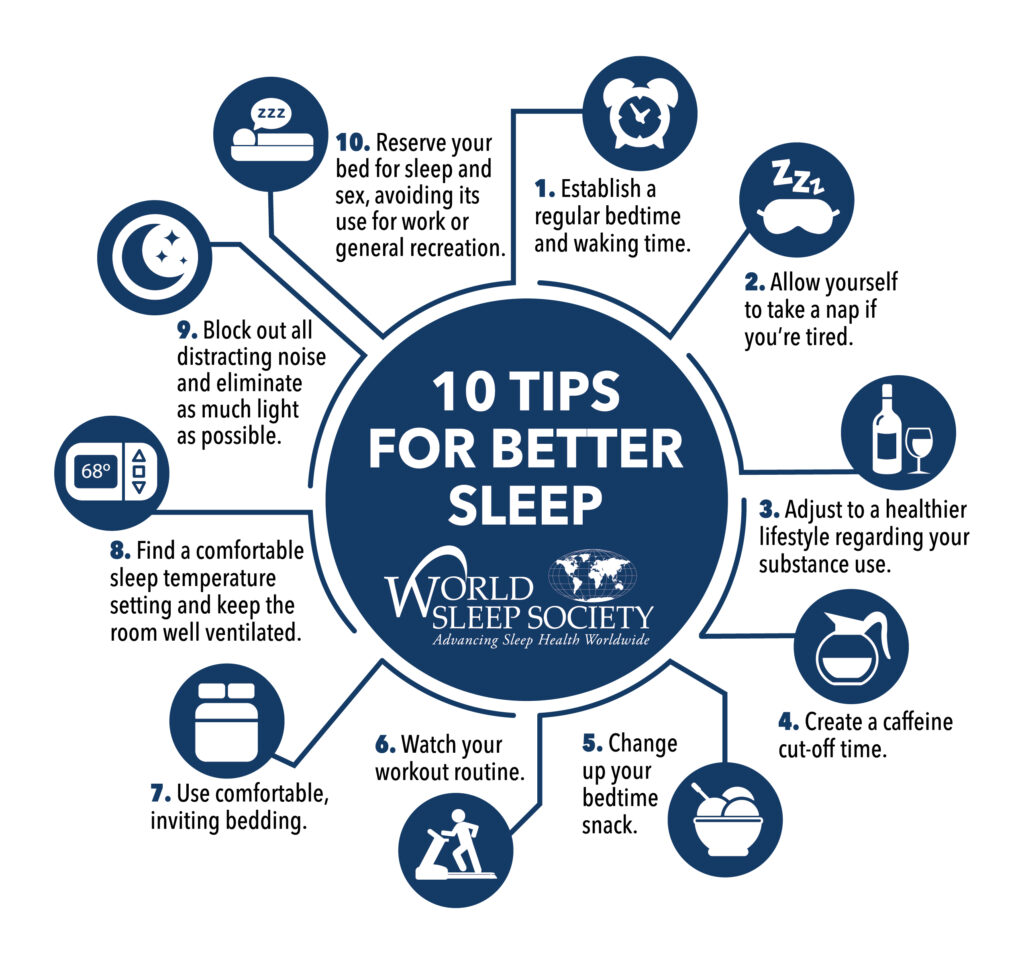In our fast-paced world, optimal sleep often gets sacrificed for other things. Most modern day professionals burn the midnight oil, power through on caffeine, and then still manage to convince themselves they can function just fine on a handful of hours. But the truth is, prioritizing sleep isn’t a luxury – it’s a necessity! That being said, for optimal health and well-being, you invariably need to get optimal sleep.
Why Sleep Matters
Think of sleep as a full-body recharge station. While you drift off, your body repairs tissues, strengthens your immune system, and consolidates memories. Skimping on sleep disrupts these vital processes, leading to a cascade of negative consequences. Chronically poor sleep is linked to an increased risk of chronic illnesses like heart disease, diabetes, and obesity.
It can also impair cognitive function, making it harder to focus, learn, and make decisions. Furthermore, sleep deprivation can worsen mood swings, anxiety, and even cause depression. You’ll will often hear people say that they need their sleep, or that they are not a morning person. That’s because they know how much sleep they need to get in order to be fully rested for the next day.
When someone say they’re are not a morning person, it’s usually because they haven’t had a proper night’s sleep, or it means that they are going to bed way too late in the evening. Either way, you are causing disruptive sleep for yourself, and that’s usually where all the trouble starts.
Creating a Sleep Sanctuary
The good news is, you can take control of your sleep hygiene – so to speak – and unlock a world of benefits for yourself. If you happen to be struggling to get the perfect number of Z’s, then here are some useful tips to create a sleep-supportive environment:
Craft a Relaxing Bedtime Routine: Wind down for 30-60 minutes before bed. Take a warm bath, read a book, or practice gentle yoga. Avoid stimulating activities like watching TV or scrolling through social media, as the blue light emitted from these devices can suppress melatonin production, a hormone that regulates sleep-wake cycles.
Establish a Consistent Sleep Schedule: Go to bed and wake up at roughly the same time each day, even on weekends. This helps regulate your body’s natural sleep-wake rhythm, making it easier to fall asleep and wake up feeling refreshed.
Optimize Your Sleep Environment: Your bedroom should be a haven for optimal sleep. Ensure it’s cool, dark, and quiet. Invest in blackout curtains, an eye mask, and earplugs if necessary. A really good pillow that is both comfortable and supportive of your head and neck would be ideal.

Additional Tips for Optimal Sleep
Regular Exercise: Aim for moderate-intensity exercise most days of the week, but avoid strenuous activity close to bedtime.
Diet: Avoid heavy meals, caffeine, and alcohol before bed. A poor diet has been shown to disrupt sleep quite significantly. There are many who love to eat chocolate before climbing into bed, not realizing that their blood sugar is spiking while they are about go rest.
Sunlight Exposure: Get some natural sunlight during the day, which helps regulate your circadian rhythm. Not to mention the natural Vitamin D which has several health benefits to the body, that also help form part of your sleep cycles.
Investing in Sleep is Investing in Yourself
By prioritizing optimal sleep, you’re investing in your overall health and well-being. You’ll have more energy, better focus, and a sharper mind. Remember, a good night’s sleep isn’t a luxury, it’s the foundation for a healthier, happier you. So, switch off the screens, dim the lights, and embrace the power of sleep for success.
